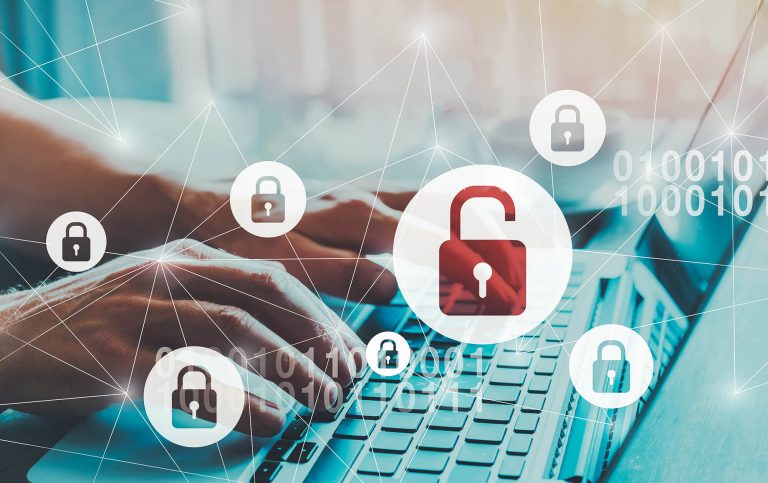A reported 4.5 billion people are now online globally representing 59% of the world’s population. A sharp rise in data breach incidents is now highly likely warns data breach and cybercrime specialist Kingsley Hayes.
Kingsley Hayes, head of data breach at Keller Lenkner UK, commented: “Businesses in all sectors will be facing exceptional, and varied, challenges as we all navigate this unpredictable Covid-19 threat. While many may find themselves firefighting to survive, data protection must remain a top priority. This is particularly time critical as significant numbers work from home for the foreseeable.
“Closing the barn door after the horse has bolted worryingly appears to be the mindset of too many organisations. Businesses in all sectors must act now to protect their customers’ information and ultimately, protect their business.
“The latest figures from the Information Commissioner’s Office (ICO) show that the total number of reported incidents has almost halved in Q1 2020/2021 – the lowest numbers recorded since GDPR came into effect in May 2018.
“While on the face of it, this may appear a positive trend, it is more likely that the significant drop is a result of data breach incidents not being reported as the usual infrastructures and working practices continue to be disrupted by the pandemic.
“Phishing is the greatest cyber risk accounting for nearly 45% of all cyber related incidents recorded in the last quarter. Human error resulted in more than 71% of all reported incidents. The most frequent mistake made was sending personal information to the wrong email recipient.
“The pandemic, the failure of businesses to invest sufficiently in mitigating data protection risks, and an increasingly heavy reliance on technology, is a perfect recipe for data violations.
“Many organisations will understandably be reviewing all aspects of their business and costs in order to come out of the current crisis intact. Data protection, however, is not an area to cut corners. Those who fail to consider data protection as a business-critical priority could be facing costly risks that may ultimately threaten their future.”
Ends

